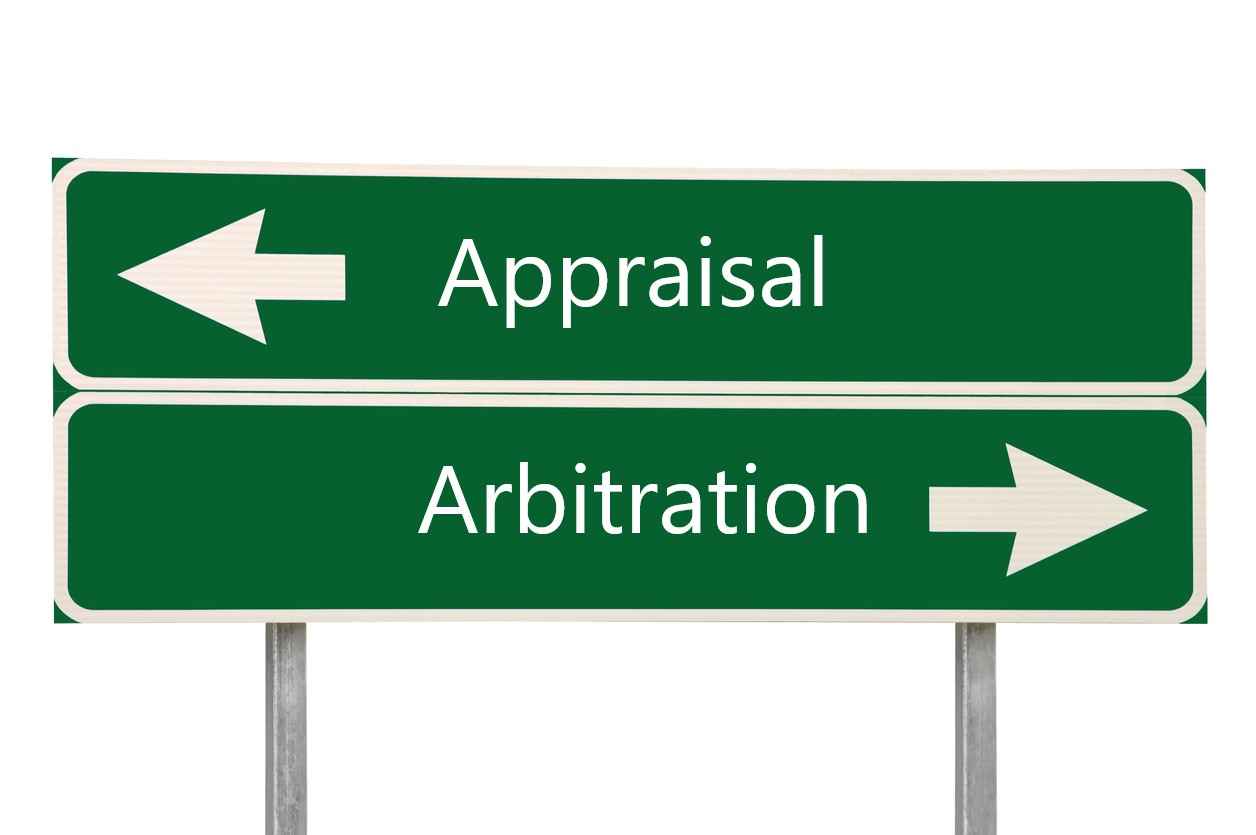Is it advisable to make a claim against the other person’s insurance carrier rather than your own insurance company? Maybe. But there is one big warning—you have a duty to notify your own carrier as soon as the loss happens. If you fail to promptly notify your insurance company of the loss, you may jeopardize your right to collect under your own policy. Notifying your own insurance carrier as soon as you have a loss is the safest way to protect yourself—even if you eventually collect everything from the responsible party’s insurance company.
This lesson came about as I read a recent Georgia case where a trial last week resulted in a verdict of only $20,301.73. Millions more were at stake. But a prior ruling indicated that the policyholder waited too long to notify and sue its own insurer because it was making a claim with another party’s insurance.
In part of a prior Summary Judgment Order,1 the trial court applying Georgia law ruled as follows:
‘[T]he facts and circumstances of a particular case may render an insured’s delay in giving notice of an occurrence to his insurer unjustified and unreasonable as a matter of law.’ ….(quoting Plantation Pipe Line Co. v. Stonewall Ins. Co., 335 Ga. App. 302, 306 (2015)). Courts applying Georgia law have found delays as short as four months to be unreasonable as a matter of law if there is no justification….
… TransWorld did not give prompt notice of the claim. TransWorld waited nearly two years to notify Nationwide of its claim, which is unreasonable as a matter of law, and TransWorld’s belief that it could recover from the contractor’s insurer is an insufficient justification for such an extensive delay. Lankford v. State Farm Mut. Auto. Ins. Co., 307 Ga. App. 12, 14–15 (2010) (failure to notify for nearly two years based on belief that other insurance would cover claim was unreasonable as a matter of law). ‘To hold otherwise ‘would allow an insured to delay notifying the insurer for months or even years, so long as the insured thought that other insurance existed to cover the loss. Such an interpretation is contrary to the obvious intent of the policy, which is to require notice [within a reasonable period] after the occurrence of a covered event.’ ‘ Id. (quoting Manzi v. Cotton States Mut. Ins. Co., 243 Ga. App. 277, 281 (2000)).
… For the 2017 claim, TransWorld waited four months to notify Nationwide. It justifies this delay on its belief that the at-fault party would compensate it for the damages. As with the 2015 claim, TransWorld’s misunderstanding as to liability is not a sufficient justification. Lankford, 307 Ga. App. at 14–15; Cotton States Mut. Ins. Co. v. Hipps, 224 Ga. App. 756, 757 (1997) (misunderstanding as to at-fault party responsibility cannot alter plain contract language requiring notice within specific time). Absent a reasonable justification, a delay of four months is unreasonable as a matter of law. See e.g., Auto Owners Ins. Co. v. Sapp, No. 1:15-CV-90 (LJA), 2017 WL 957361, at *4 (M.D. Ga. Mar. 10, 2017) (insured’s delay of four months was unreasonable where based on belief that it would not be held liable); Advoc. Networks, LLC v. Hartford Fire Ins. Co., 296 Ga. App. 338, 340 (2009) (delay of four months was unreasonable where based on misunderstanding about liability). TransWorld’s four-month delay in reporting the claim, based on its belief that another party would be responsible for payment, is unjustified and, therefore, TransWorld failed to satisfy the notification condition precedent to coverage.
Being afraid that your insurer will cancel you if you make a claim is not a reason to delay providing notice. The court noted the following:
TransWorld waited eight months after the July 22, 2018, loss to notify Nationwide because it believed that Nationwide would cancel its coverage and because it believed that it could recover from the insurance carrier of the property owner (the at-fault party). Again, these misunderstandings are not a justification for failing to give prompt notice of the claim.
The Summary Judgment Order is an excellent discussion of suit limitations and notice requirements under Georgia law for those wishing to study more.
For policyholders and those advising them, be sure to provide prompt notice of the loss even if you intend to make a claim with the third party. You can tell your own insurance company of your intent to make the third-party claim. Indeed, your own carrier has subrogation rights you do not want to jeopardize. But time frames for providing prompt notice and other duties after a loss are moving along. You ignore those at your own peril if you simply make a claim with the third-party carrier. Safe is better than being sorry later when it comes to notice provisions.
Thought For The Day
In great contests each party claims to act in accordance with the will of God. Both may be, and one must be wrong.
—Abraham Lincoln
_________________________________________
1 TransWorld Food Service v. Nationwide Mut. Ins. Co., No. 1:19-cv-03772 (N.D. Ga. Mar. 28, 2022).




